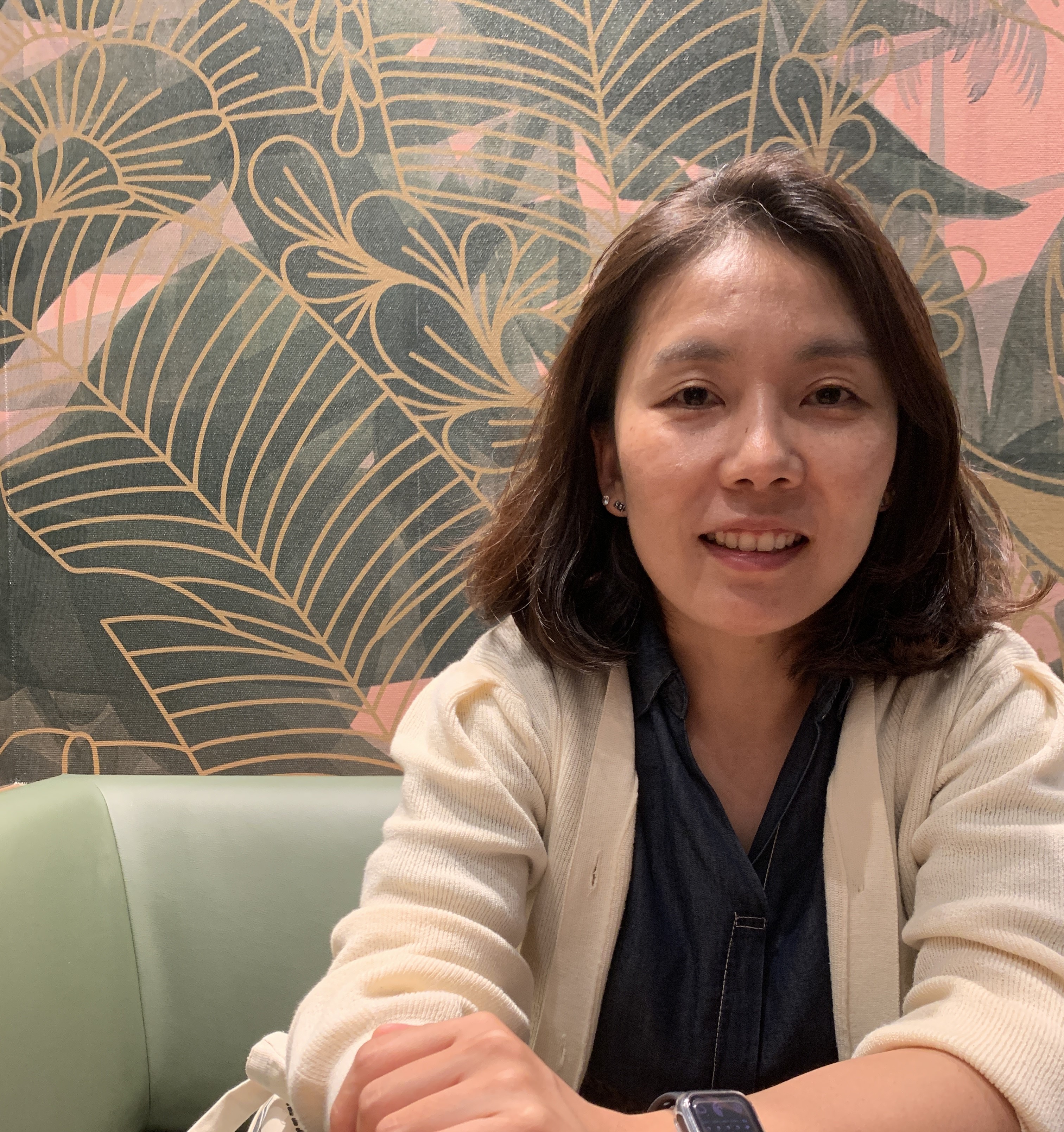People
Faculty
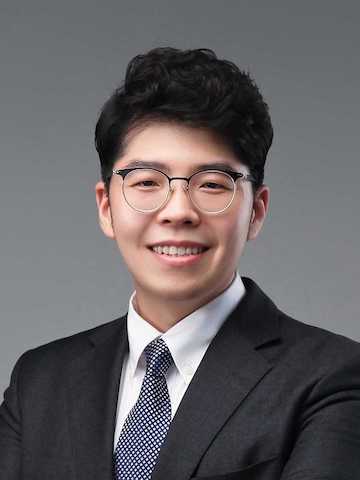
Jeon June
June Jeon is an assistant professor of sociology at KAIST. He is a qualitative ethnographer and theorist, specialized in sociology science, technology, and environment. His recent research interests include computational large-scale qualitative analysis on varieties of inequalities in scientific knowledge production. June received Ph.D. in sociology at the University of Wisconsin-Madison and has published in Social Studies of Science, New Media & Society, Agriculture & Human Values, among other journals.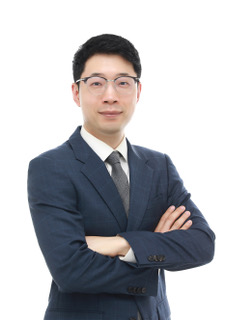
Byungkoo Kim
Byungkoo Kim is an assistant professor in Data Science at the KDI School of Public Policy and Management. He earned his Ph.D. in Political Science and an M.A. in Statistics from the University of Michigan. His research expertise lies at the confluence of international political economy and quantitative methods. He is particularly interested in studying how global supply chains shape new dynamics in global trade and investment governance; economic policies and political institutions; and economic security. His research also focuses on developing statistical models for networks and text data. In this line of research, he has ongoing projects that analyze citation networks and opinion texts of U.S. Appeals Courts and Supreme Courts.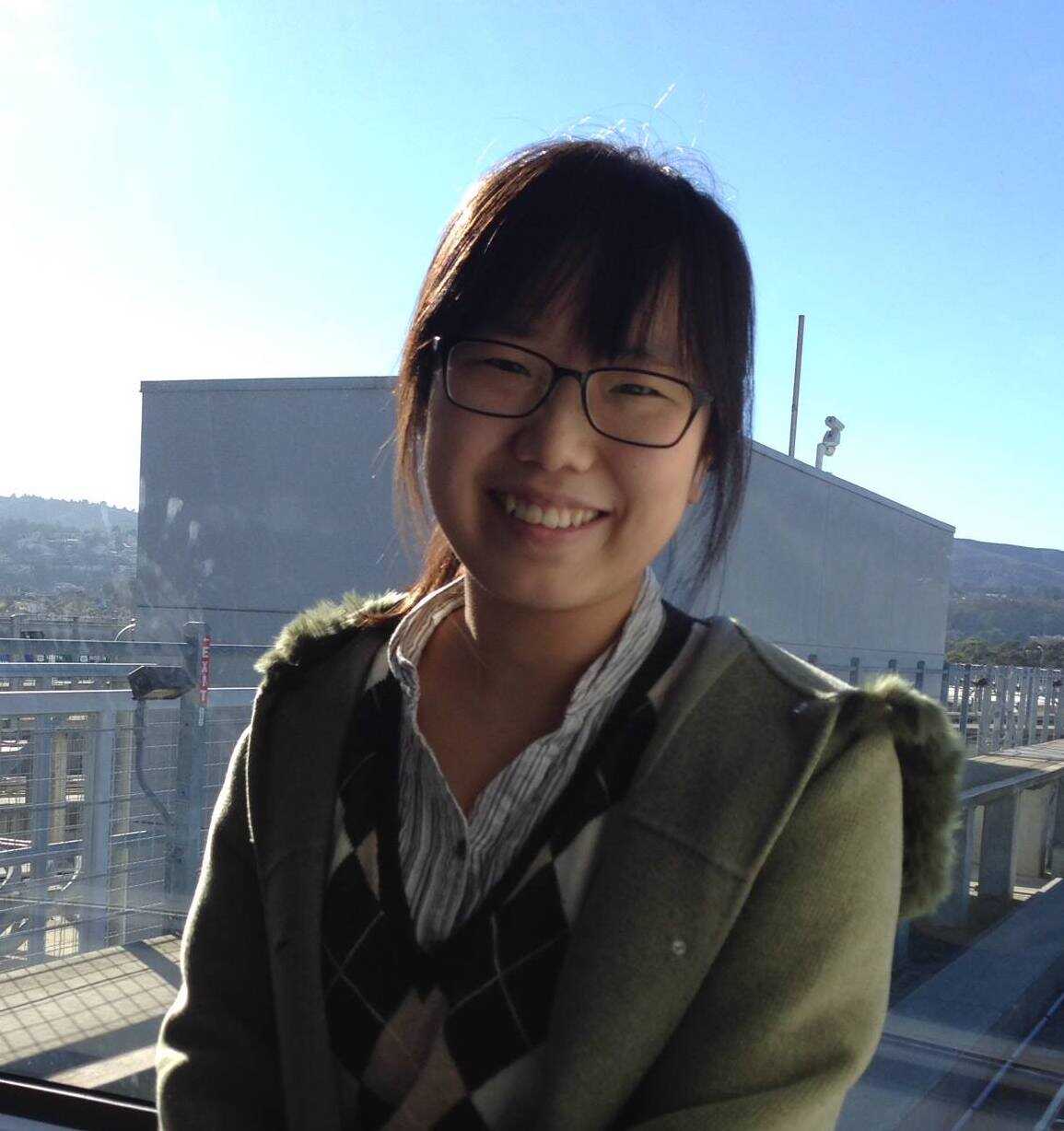
Lanu Kim
Lanu Kim is an assistant professor in the school of humanities and social sciences and a joint professor in the school of computing at KAIST. After finishing her sociology PhD at the University of Washington, she was a postdoctoral fellow and data science scholar at Stanford University. Her research broadly contributes to the theoretical understanding of academic knowledge creation by mainly examining the impact of academic search engines, gender inequality in higher education, and the social structure of knowledge construction. To investigate, she utilizes new big data sources, innovative analytical strategies, natural language processing, and advanced statistical methods and works with interdisciplinary research teams.Speakers

Jinhyuk Yun
Jinhyuk Yun is an assistant professor in the School of AI Convergence, at Soongsil University. He received his B.S. and Ph.D. degrees in Physics from KAIST. During his Ph.D., he developed a strong interest in the structure and dynamics of complex systems such as society, culture, media, and collective knowledge, along with the big data and statistical physics models, which led him to join Naver as a Data Scientist. He then worked as a Senior Research Scientist at KISTI, where he researched big data analysis and AI technology development. Since 2020, he has been a Professor at the School of AI Convergence at Soongsil University, where he is currently working on complex systems theory, big data, and AI to understand in-depth human behavior.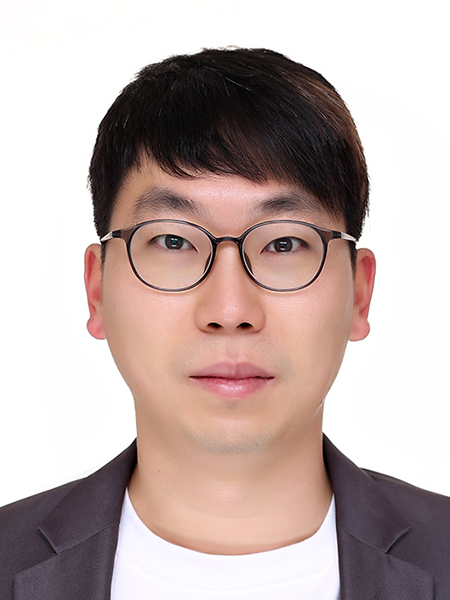
Won-tak Joo
Won-tak Joo is an assistant professor in Sociology and Criminology & Law at the University of Florida. His research interests are in the areas of social demography, social networks, and computational sociology. Specifically, he investigates how social and family relationships change across the life course, and how these patterns contribute to social and health inequalities, using a range of quantitative approaches including social network methods, applied econometrics, and demographic techniques.
Bas Hofstra
Bas Hofstra is a tenured Assistant Professor at Radboud University's Department of Sociology. He got his PhD from Utrecht University s Department of Sociology and was Postdoctoral Research Fellow at Stanford University. His work orbits the study of diversity, stratification, and innovation. It captures longitudinal systems of social and cultural exchange: from the gestation and birth of networks, careers, ideas, or innovations, to their use, up until their eventual cessation. As such, he strives for three interrelated goals: (i) answering substantive questions on causes and effects of social networks, while (ii) contributing to social theory, and (iii) using computational methods and big data. His research appeared (among others) in PNAS, American Sociological Review, Social Forces, Social Networks, and Nature Human Behaviour, and was honored with several grants and awards.
Hwaran Lee
Hwaran Lee is a lead research scientist at NAVER AI Lab, working on natural language processing and machine learning. She received her Ph.D. in Electrical Engineering at Korea Advanced Institute of Science and Technology (KAIST) in 2018 and her B.S. in Mathematical Science at KAIST in 2012. Before joining NAVER AI Lab, she worked at SK T-Brain as a research scientist from 2018 to 2021. Her current primary research interests are ethics, safety, and trustworthiness of language models. Also, she is interested in controllable language generation, dialog systems, and machine learning for language models.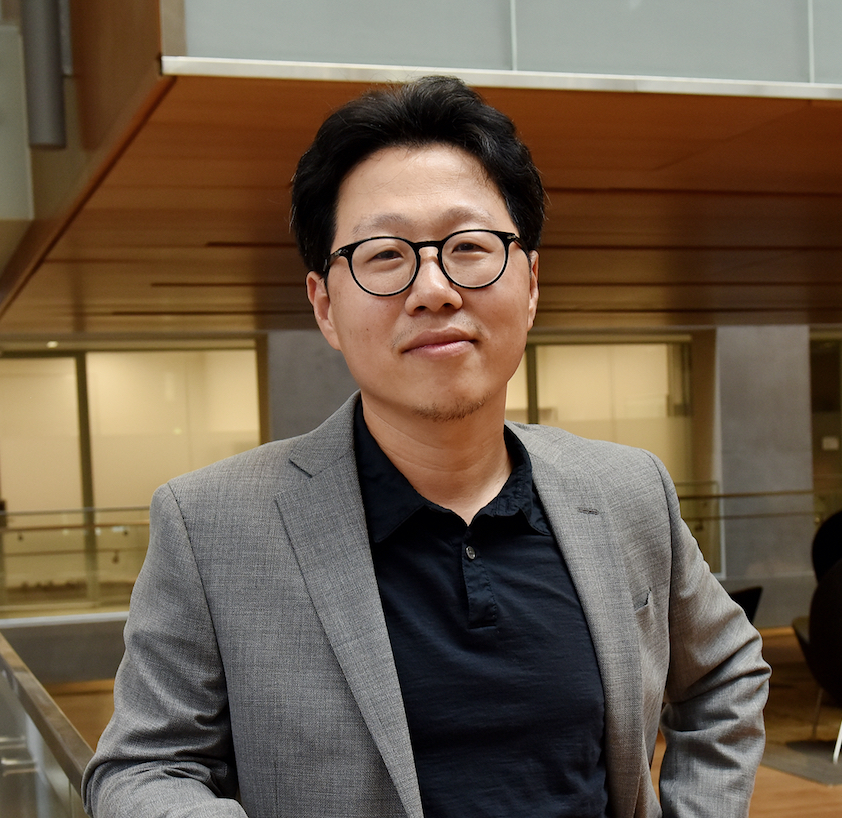
Jonghee Park
Jonghee Park is a Professor in the Department of Political Science and International Relations at Seoul National University. He is also the Director of Global Data Center at Institute of International Studies, Seoul National University. He received his Ph.D. from Washington University in St. Louis. Jonghee Park studies political methodology and international political economy. He also maintains R packages MCMCpack and Bayesian taskview in CRAN. He is recently working on dynamic network analysis, text analysis of North Korean document, and changepoint analysis of Bayesian shrinkage models.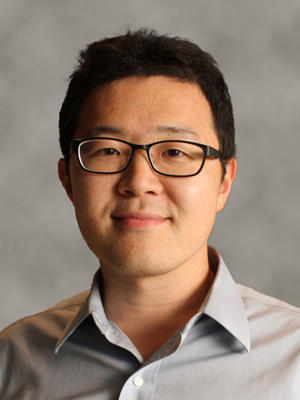
Hyunwoo Park
Hyunwoo Park is Vice Dean for Academic Affairs and Associate Professor in the Graduate School of Data Science at Seoul National University. Before joining SNU, he was an Assistant Professor in Management Sciences at the Fisher College of Business and a Core Faculty for the Translational Data Analytics Institute (TDAI) at The Ohio State University. Before OSU, he was a postdoctoral fellow at the Tennenbaum Institute at Georgia Tech. He holds a Ph.D. in Industrial Engineering from Georgia Tech, a Master of Information Management and Systems from UC Berkeley, and a B.S. in Electrical Engineering from Seoul National University. His research interests include business and data analytics with an emphasis on visualization, supply chain management from the network perspective, and technology and innovation management in the presence of digital platforms. His research has been published in leading journals, and he has won several awards and nominations from major conferences, including INFORMS and the Academy of Management.
Jihee Kim
Jihee Kim is an associate professor at the School of Business and Technology Management, KAIST College of Business, and also holds a joint appointment with the School of Computing at KAIST. She is an economist, yet her academic and research endeavors have embraced interdisciplinary scholarship. Jihee earned a B.S. in Computer Science at KAIST, then pursued her master’s degree in Economics at Stanford University, followed by her PhD in Management Science and Engineering, also at Stanford University. Her academic journey reflects a commitment to interdisciplinary exploration, as evidenced by her collaborative efforts across various disciplines, such as computer science and energy policy, while maintaining a strong foundation in economics.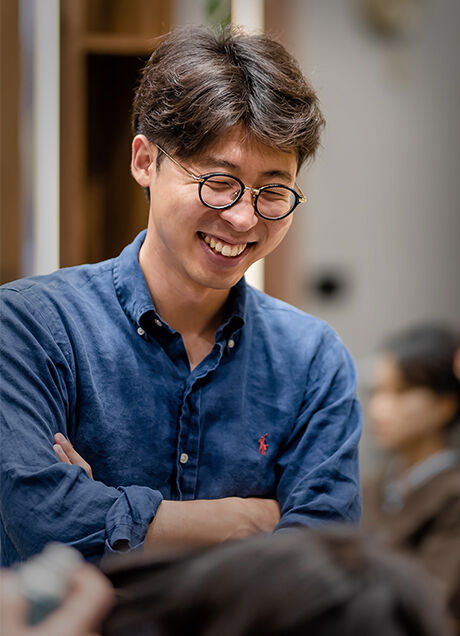
Yeowoon Bae
BAE Yeowoon, formerly a reporter in the Investigative Journalism Division at SBS, currently leads the Data Journalism Team, which produces Mabu News, in the broadcaster’s Digital News Production Division. He was awarded the Data Journalist to Watch Award at the 2019 Korea Data Journalism Awards. In 2020, he won the Korea Journalists Award for his analysis of provincial lawmakers’ operational expenses and assets. Last year, he won Grand Prize at the Korean Broadcasting Journalist Association Awards for his work on elections and data.Teaching Assistants
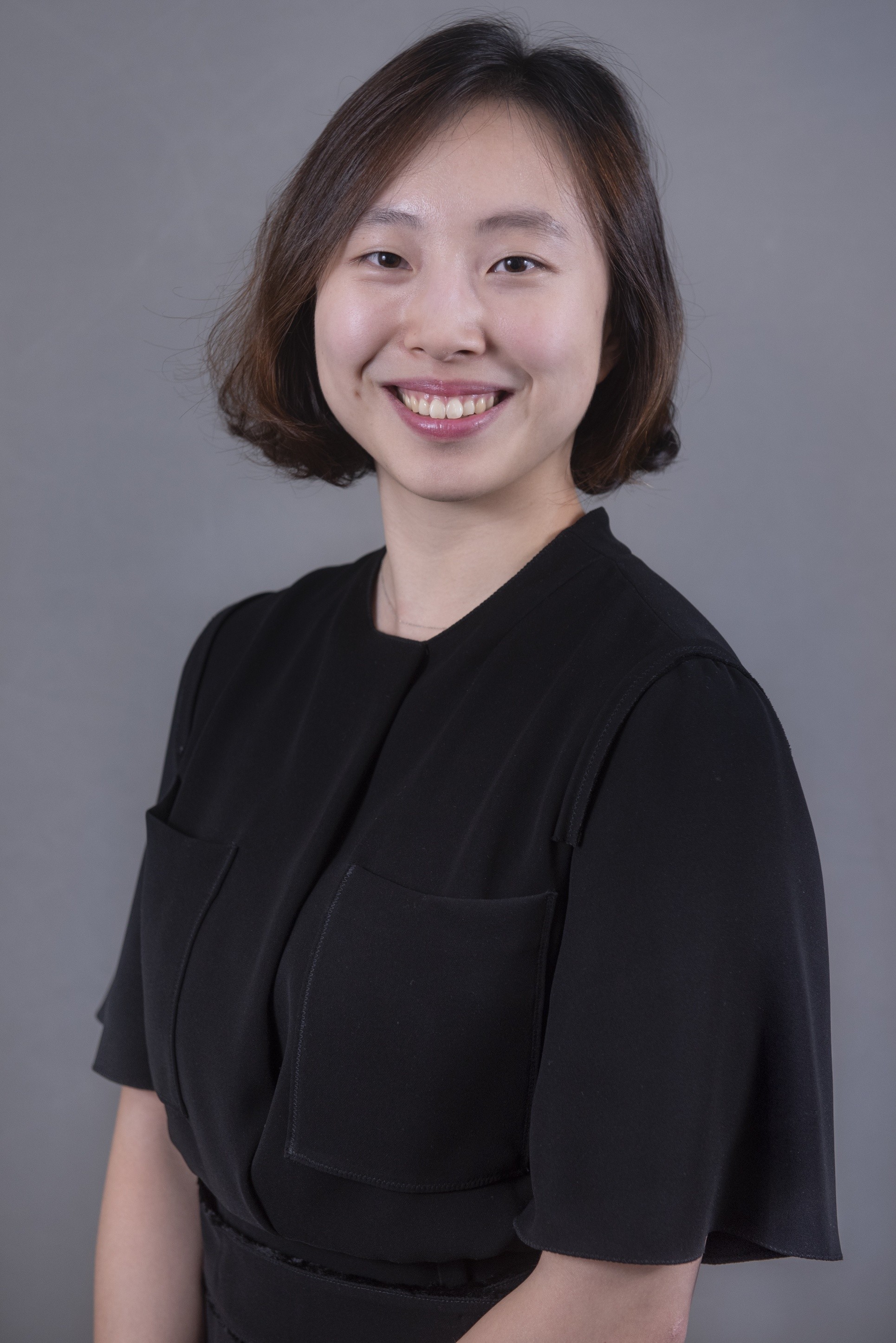
Yunjung Yang
YunJung Yang is a second-year PhD student at KDI School. Her work focuses on group dynamics in regulation policy, utilizing computational methods such as text analysis, natural language processing, and quantitative analysis. YunJung received her M.A. in Public Administration in International Development from Harvard Kennedy School and B.A. in Public Administration and Economics from Yonsei University.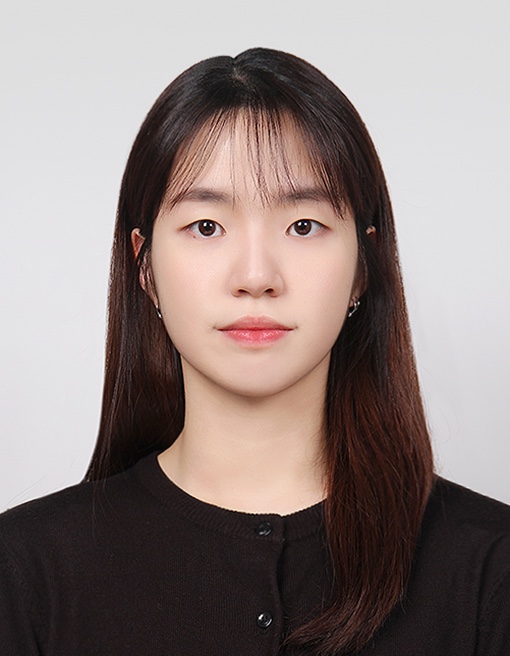
Suhyoung Choi
Suhyoung Choi is a Master’s student in Digital Humanities and Computational Social Sciences at KAIST. Her research interests center on bias, inequality and discrimination represented on technology with computational methods. She is currently studying Data Science, and the application of those methods solving various social problems.
Myokyung Han
Myokyung Han is a Master’s student in Digital Humanities and Computational Social Sciences (DHCSS) at KAIST. With a solid foundation in computational social sciences, her research focuses on how digital technologies affect the production and consumption of knowledge across various domains. To explore these impacts, she aims to integrate theoretical frameworks and analytical methodologies with new big data sources.Participants
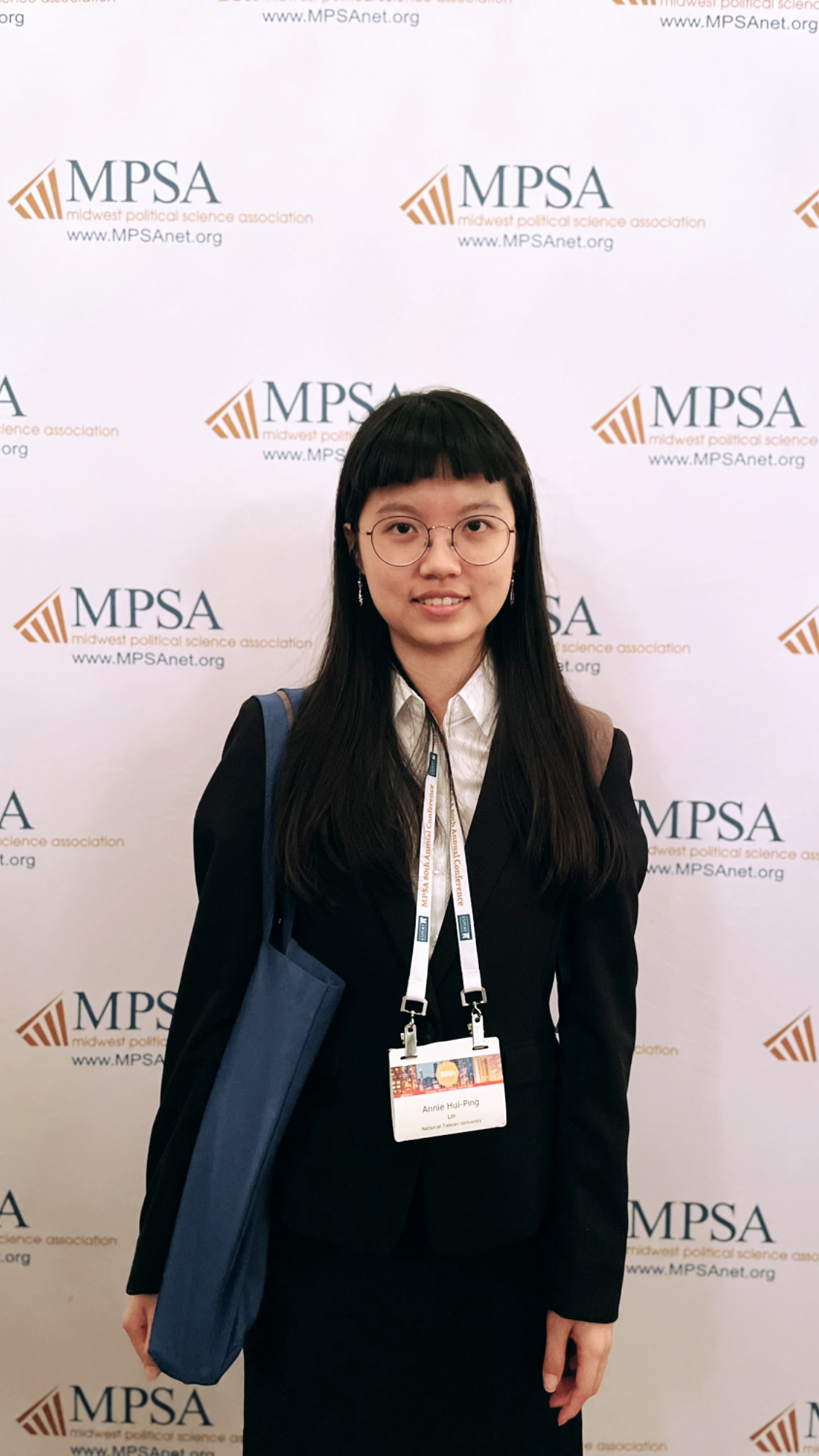
Annie Hui-Ping Lin
Annie Hui-Ping Lin is an incoming PhD student in Political Science at UC San Diego. Her research interests lie in global governance and international cooperation, with a particular focus on environmental concerns and marine affairs. She is especially intrigued by institutional overlap and the impact of international law-making on domestic institutions, including the dynamics of (de)judicialization and the harmonization between domestic and international institutions. Originally from Taiwan, she obtained her Bachelor of Social Science in East Asian Studies from National Taiwan Normal University in 2021 and her M.A. in Political Science from National Taiwan University in 2024.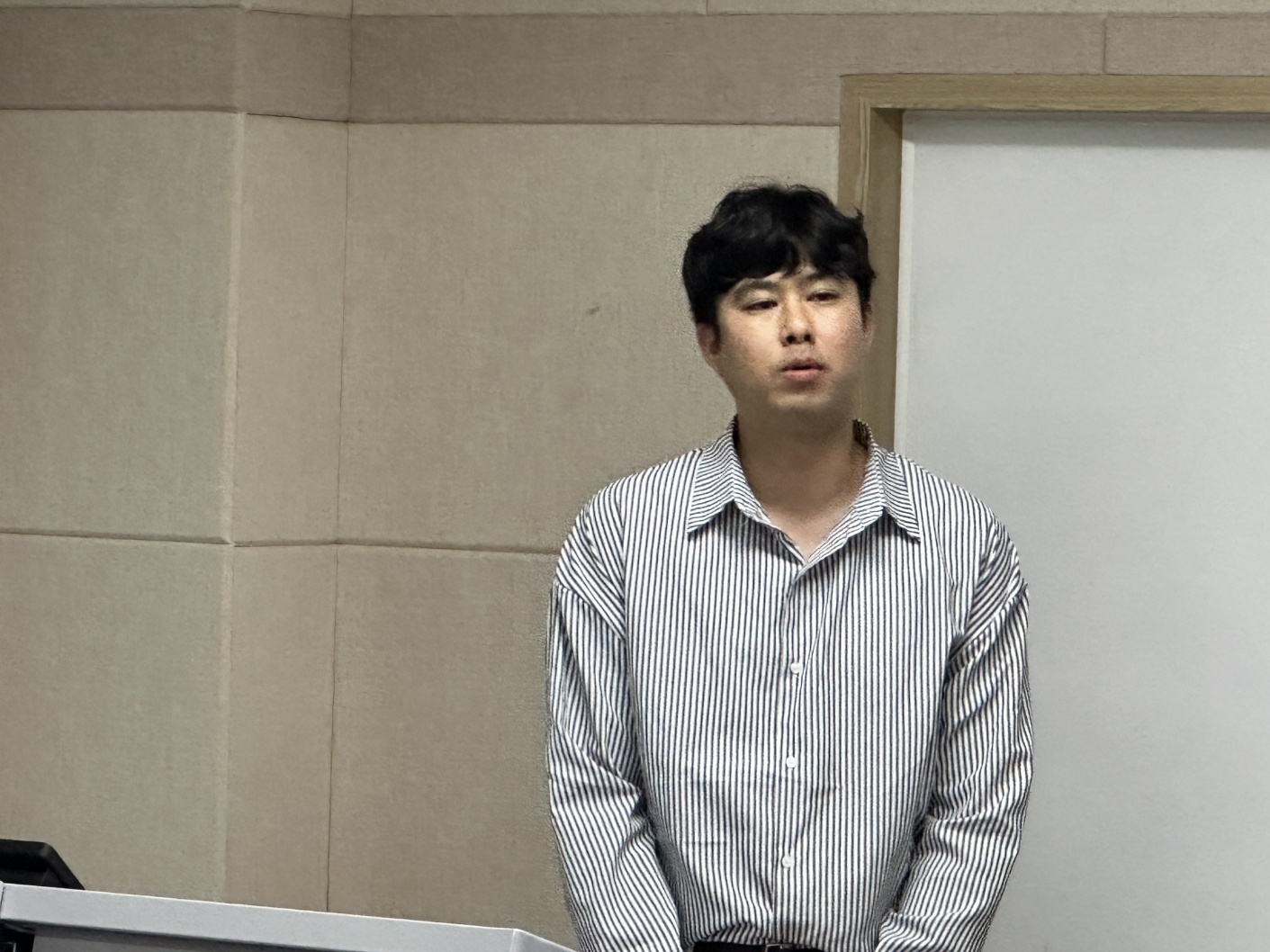
Sinjae Kang
Sinjae Kang is a postdoctoral fellow at Center for Digital Social Science in Yonsei University. He received his PhD from the Department of Political Science at Yonsei University. And he also received Best Dissertation from Korean Political Science Association. He is interested in computational social science, particularly in using computational methods to analyze the behavior of legislators in Korean National Assembly. He published many studies on the legislative process and political behavior in Korean journals.
Vira Vyshnevska
Vira Vyshnevska holds a master degree in international economics and is currently pursuing her master in public policy in KDI School of Public Policy. She has a solid background in the banking field. Currently, her research interest focuses on applying data science techniques to analyze the banks’ financial fundamentals and develop financial forecast.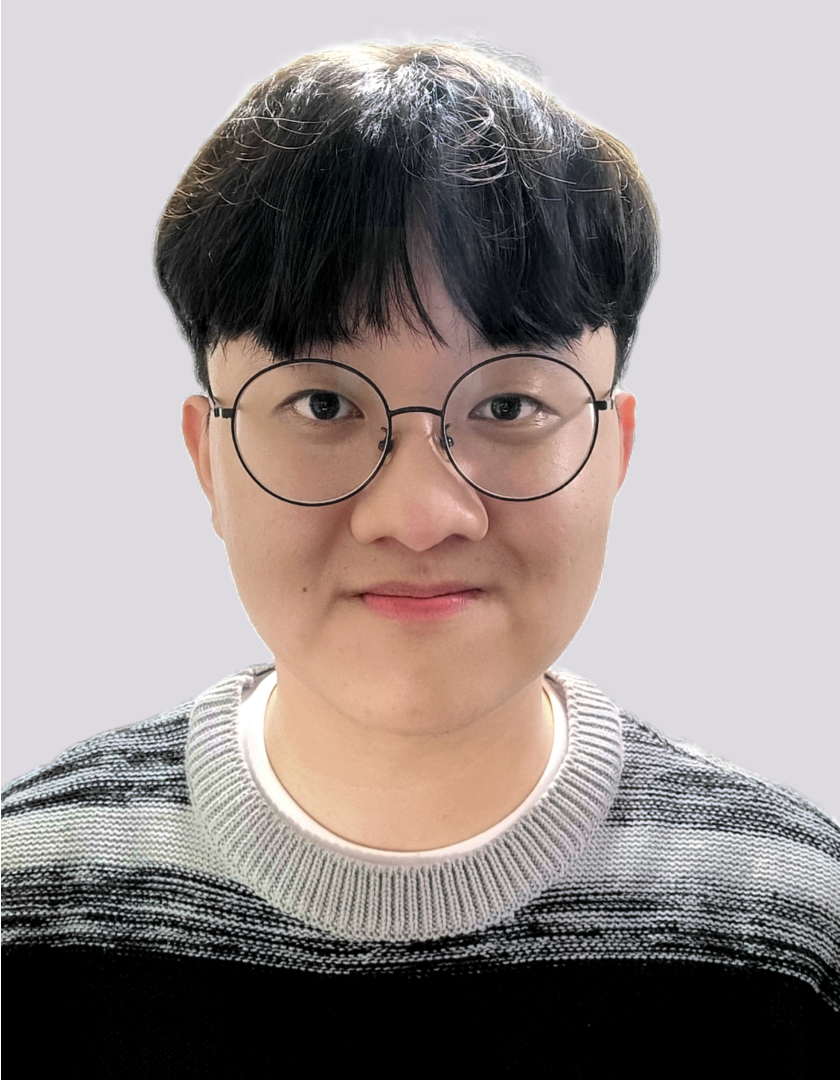
Bryan Nathanael Wijaya
Bryan is a first-year M.S. candidate in the School of Computing at KAIST. He is passionate about applied artificial intelligence (AI), especially generative AI for protein engineering, data science, multimodal AI, and large language models (LLMs). Recently, he has gained interest in computational social science, particularly in analyzing the impact of the recent surge of machine learning developments–especially LLMs–on society and their tendencies and how to leverage these techniques to tackle social issues by revealing patterns and anomalies in society through a data-driven approach. He received a B.S. in electrical engineering with a minor in chemical and biomolecular engineering and an AI special designated major from KAIST.
Gleb Papyshev
Gleb Papyshev is a Research Assistant Professor in the Division of Social Science at The Hong Kong University of Science and Technology. His research interests include AI policy and regulation, AI ethics, and human-AI interaction. The results of his work have been published in Policy Design and Practice, AI & Society, AI & Ethics, Data & Policy, and Elgar Companion to Regulating AI and Big Data in Emergent Economies.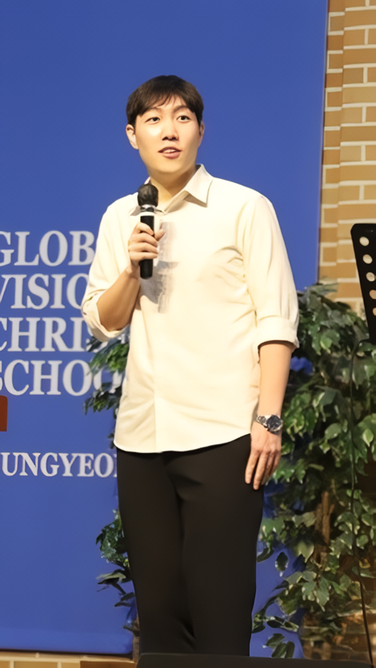
Yoonseok Lee
Yoonseok Lee is a Ph.D. student in Political Science at the University of California, Riverside. He received his B.A. in Political Science from the University of Minnesota and his M.A. in Political Science from Yonsei University. Lee’s research focuses on the determinants of migration-related preferences and attitudes, with a special focus on the international political economy (IPE) and quantitative methodology. His current research examines how different socio-political backgrounds shape natives’ reactions to refugee shocks and whether or how low birth rates affect natives’ immigration attitudes. He also has an interest in Japanese politics and East Asian politics in general.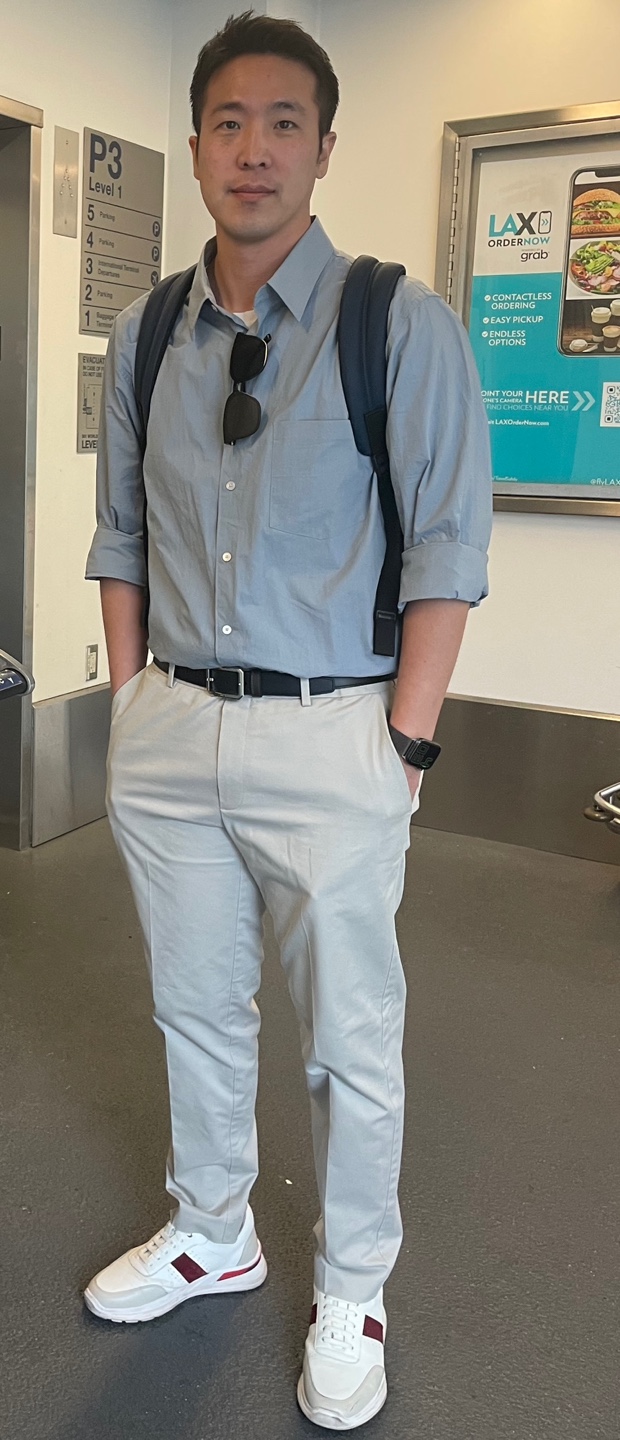
Yongjai Yu
Yongjai Yu is a Ph.D. student in Political Science at the University of California, Riverside. His research focuses on the presidential power in the U.S., and in particular the use of text analysis and large language models for understanding and estimating the implications of the president’s unilateral directives, such as ‘the extent to which presidential unilateral directives change the policy status quo.’ His methodological interests are large language models, Bayesian statistics, machine learning, and experimental design. He holds a Bachelor’s degree in History from Korea University and a Master of Public Policy from Seoul National University.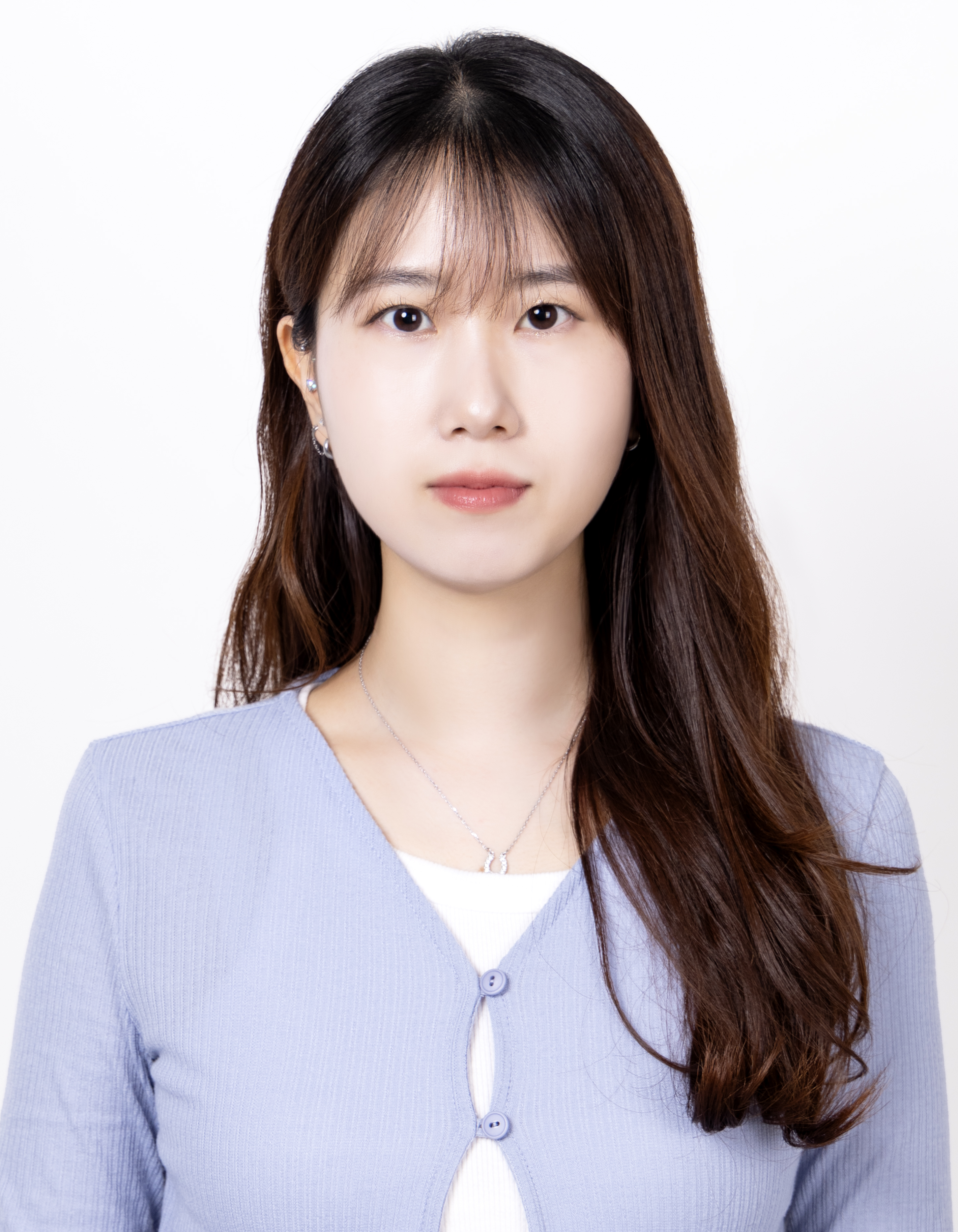
Eunmi Cho
Eunmi Cho is a Master’s student in Political Science at Yonsei University. She has an interest in voter behavior, public opinion, and legislative politics, especially how the characteristics of parliamentary speeches relate to political outcomes or the personal attributes of the legislators. Currently, she is working on her master’s thesis, which involves sentiment analysis of speeches by members of the National Assembly. Through this analysis, she aims to identify factors that influence the emotional expressions of legislators. Furthermore, she plans to explore the potential of using machine learning and deep learning-based text and sentiment analysis to conduct diverse research on these topics of interest.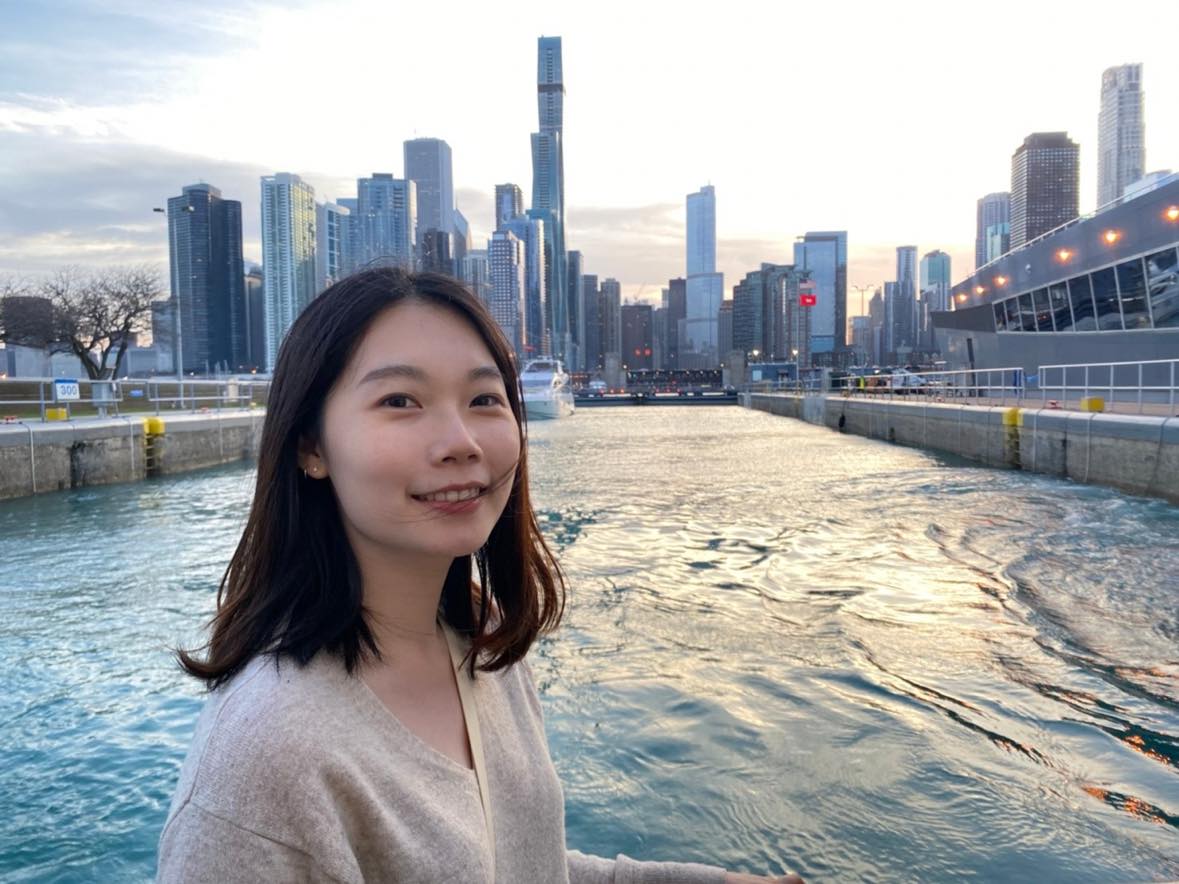
Mei-Yu (Mei) Kuo
Mei-Yu (Mei) Kuo is a first-year PhD student in Sociology at The Ohio State University, holding an MA in Sociology from National Taiwan University. Her research explores how family and work experiences are stratified by gender and class, focusing on the role of family dynamics, occupational characteristics, and labor market conditions. She is also interested in applying innovative computational methodologies to analyze online discourse, investigating the qualitative distinctions of political and gender ideologies across cultural contexts. Outside academia, she is a movie buff and a coffee aficionado.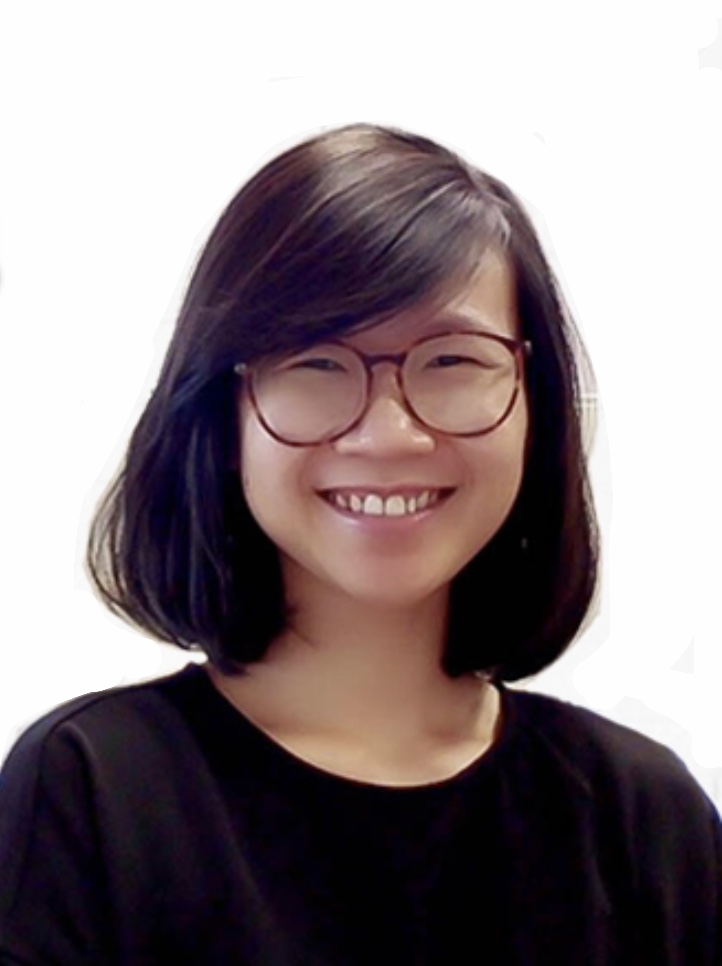
Jesslene Lee
Jesslene Lee is a PhD candidate at the University of Toronto. Her research interests include international political economy and international organizations, with a focus on how deepening regime complexity and institutional competition affect international cooperation. She is currently working on a project on how alternative sources of finance affect environmental safeguards in development finance. She also has ongoing projects on institutional design and change in international financial institutions, as well as the diffusion of rules in preferential trade agreements. In her research, she utilizes network analysis, natural language processing, large language models and a range of other methods.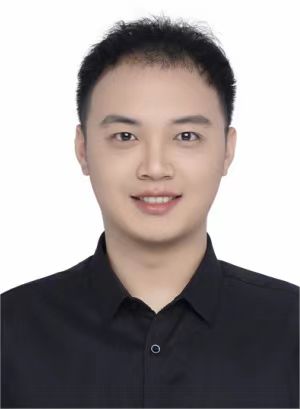
Patrick Xi
Dr. Patrick Xi is an assistant professor of communication at Shanghai Jiao Tong University. His research interests lie in political communication and computational social sciences. His current research focuses on multimodal textual analysis and nation branding.
Ju Hee JEUNG
Ju Hee Jeung is in her fifth year of the Ph.D. program in public policy and management at the KDI School of Public Policy and Management. Her research interests include water economics and policy, energy policy, development economics, and North Korea. Her ongoing dissertation project examines the effects of a water-saving monetary incentive program, initially introduced in Korea in 2015. She also serves as a program manager at the UNESCO i-WSSM (the UNESCO International Centre for Water Security and Sustainable Management), and she is dispatched from K-water (Korea Water Resource Corporation). Prior to arriving at the KDI School, Ju Hee completed her MBA in corporate finance, sponsored by K-water. She is still pursuing her career in the water sector, and since 2014, she has been giving lectures on water policies and water prices in Korea to water experts in developing countries.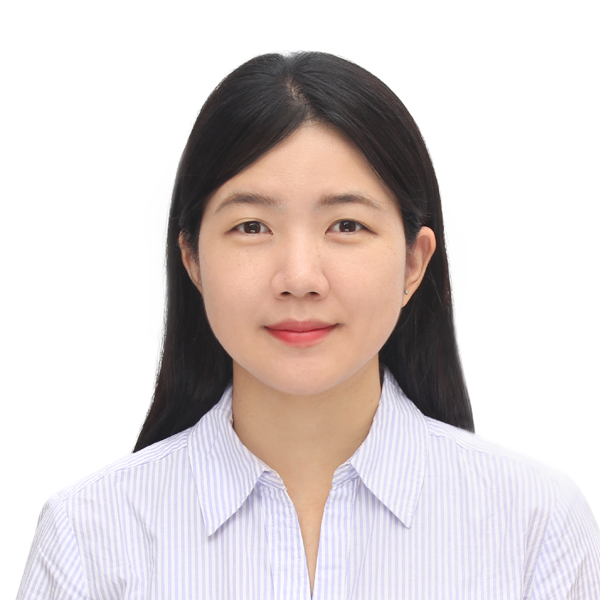
Kyungmin Lee
Kyungmin Lee is a Ph.D. candidate in Energy and Environmental Policy at the University of Delaware. She focuses on applying computational methods to data-driven policymaking concerning energy, climate change, urban development, and sustainability. Her doctoral research delves into energy user behavior and the development of privacy-preserving models using techniques such as time-dependent proximal remote image processing, machine learning, and computer vision. Her past research investigates benefit-sharing mechanisms of renewable energy and drivers of international carbon neutrality trends and policies.
Inkoo Kang
Inkoo Kang is an incoming PhD student in Urban Systems at New York University, with a mixed background in urban planning, public administration, and design studies. Her academic interests center on regenerative city transformations that can 1) correspond to social changes and solve urban issues while 2) understanding and preserving regional characteristics and charms. She has also explored how to bridge the gaps between quantitative and qualitative research methodologies.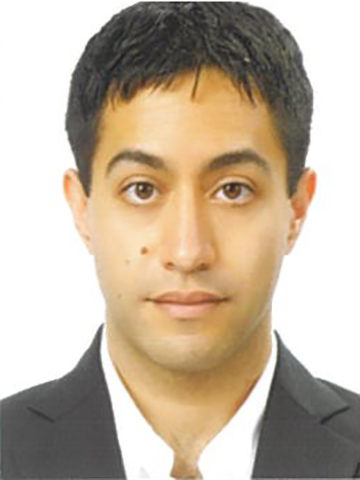
David Ugarte Chacon
David is a PhD student of public policy at the Korean Development Institute. His research focuses on the impact on inequality by implemented social prediction systems. Namely, ongoing research currently delves on two topics - reproduction of systematic financial discrimination by credit scoring models, and the idiosyncratic load in transformer-based language models.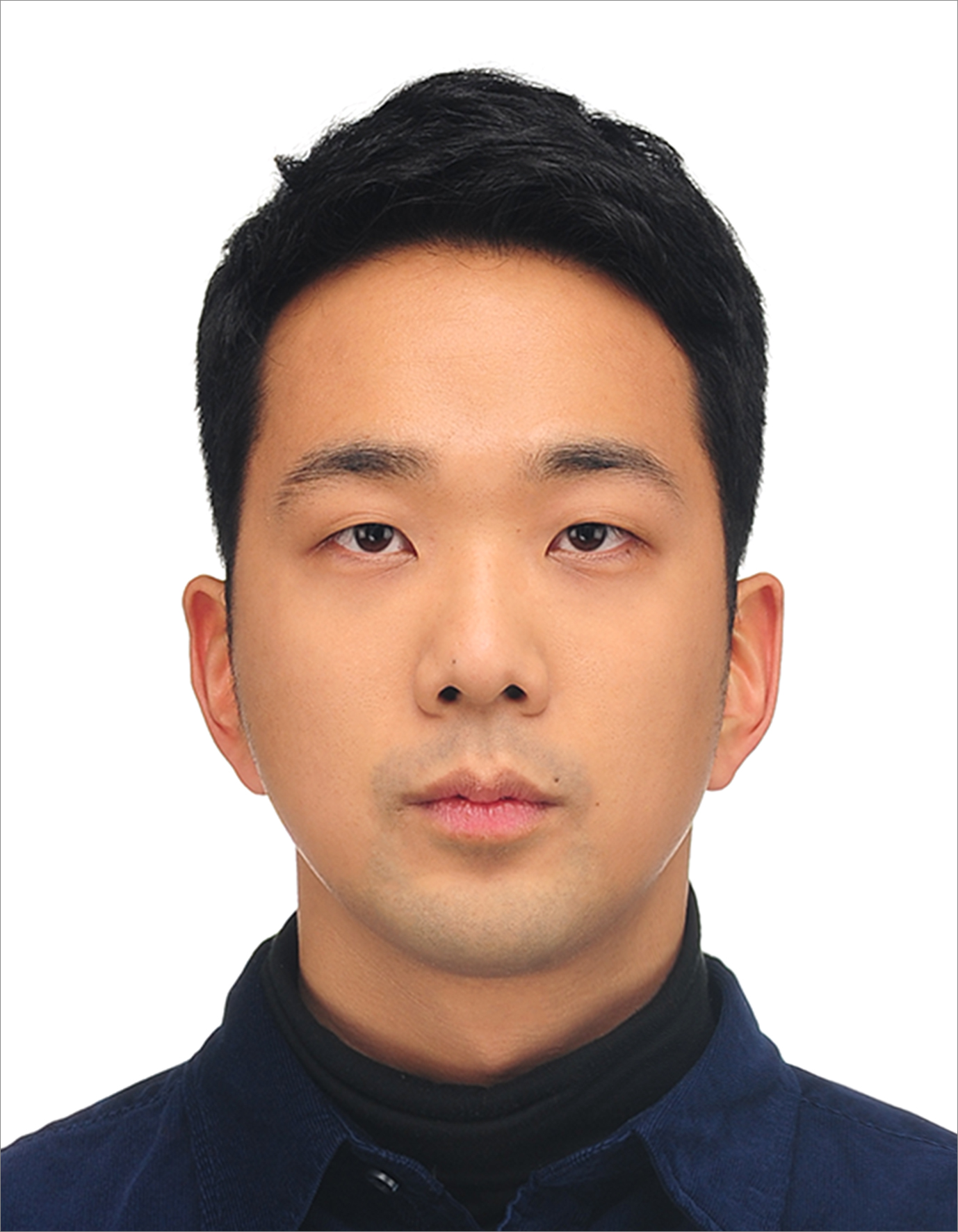
Kyu Sik Yang
Kyu Sik Yang is a Ph.D. student in the Wilf Family Department of Politics at New York University. He studies executive politics, bureaucratic politics, and interbranch politics, with a particular interest in causal inference and text-as-data. His research uses quantitative methods to study strategic interaction in the bureaucratic decision-making process. He is also interested in computational social science (broadly defined) and understudied topics in political science. He received his B.A. and M.A. degrees in political science from Yonsei University.